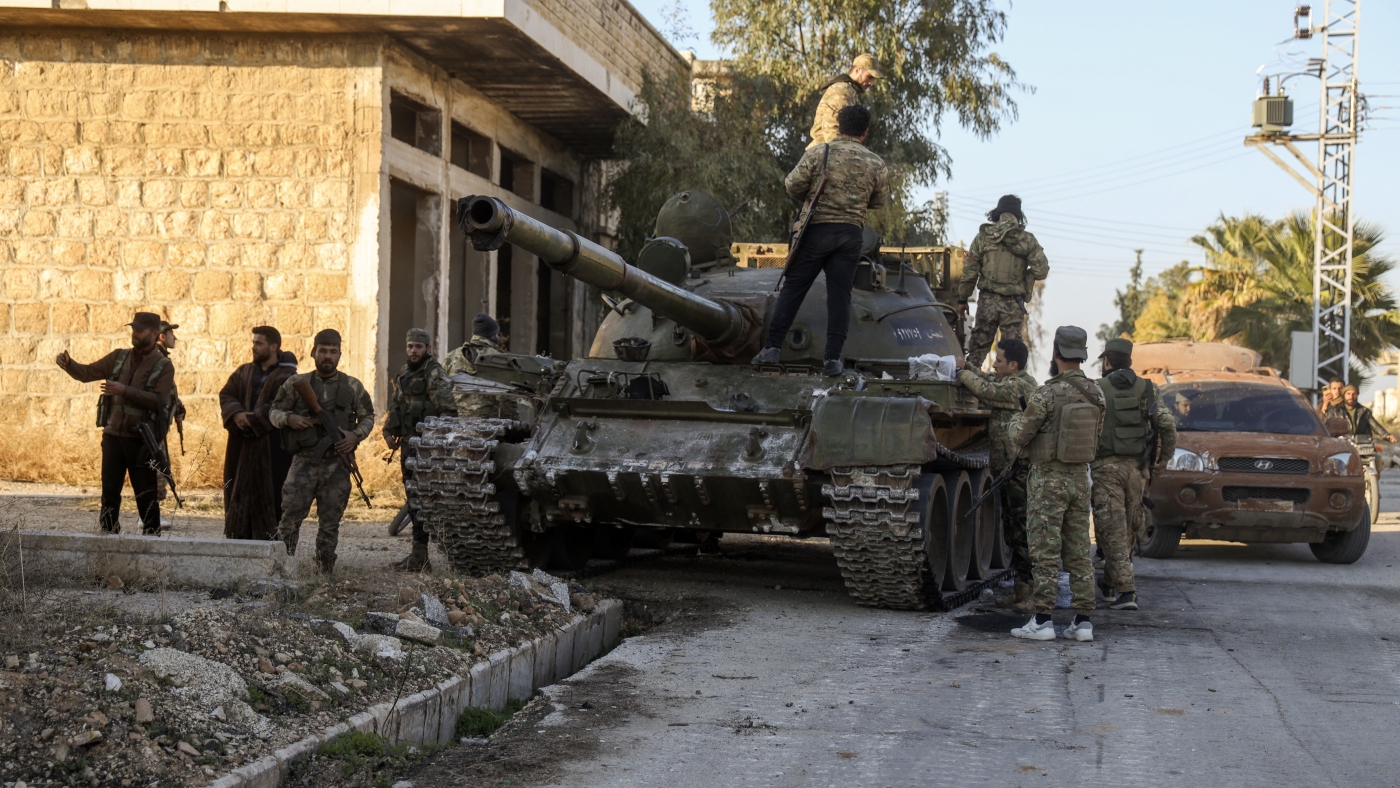
ⓒ The New Zealand Herald
The Syrian conflict took a dramatic turn this week with the swift seizure of Aleppo by Hayat Tahrir al-Sham (HTS), a well-armed rebel group. Aleppo, Syria’s former commercial heart, had been a battleground for years. This unexpected victory follows a period of relatively low-intensity conflict in Idlib, and significantly alters the dynamics of the thirteen-year civil war.
The success of HTS is attributed to several factors. Weakened Iranian-backed militias, particularly Hezbollah, hampered by Israeli actions in Lebanon, have left Assad’s forces vulnerable. Russia’s diversion of resources to the Ukraine conflict has further diminished Assad’s military capabilities. A former US ambassador to Syria described Assad’s forces as ‘brittle,’ capable of inflicting casualties but ultimately weak.
HTS, previously confined to rural areas near the Turkish border, has received Turkish funding and training for years. While Turkey had previously seemingly restricted HTS’s actions, recent regional shifts appear to have led to a change in policy, enabling this significant offensive. Analysts suggest a combination of Iran’s weakened position and corruption within the Syrian army contributed to the Aleppo defeat.
Despite the apparent rout, Russia continues to provide air support to the Syrian military. The whereabouts of President Assad remain unknown, with an upcoming visit from Iran’s foreign minister adding to the uncertainty. The US has yet to publicly comment, despite its military presence in northeastern Syria. Experts express concern about the potential for instability in newly ungoverned territories to strengthen radical groups, emphasizing the need for a comprehensive solution to the conflict.



